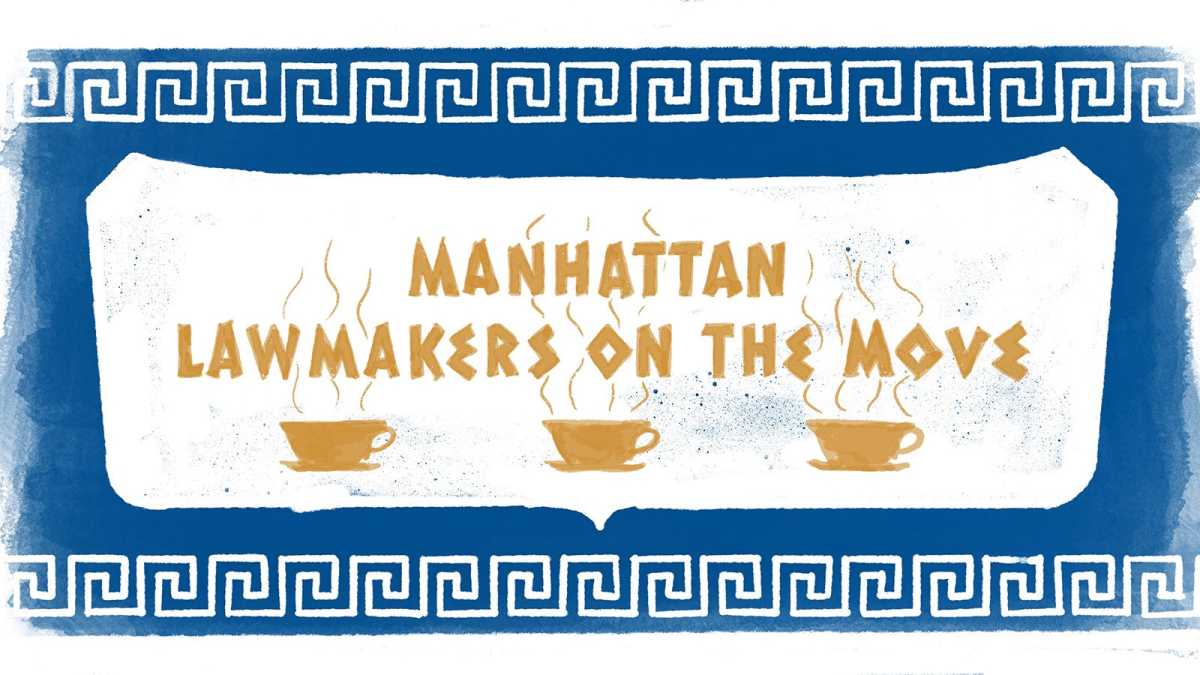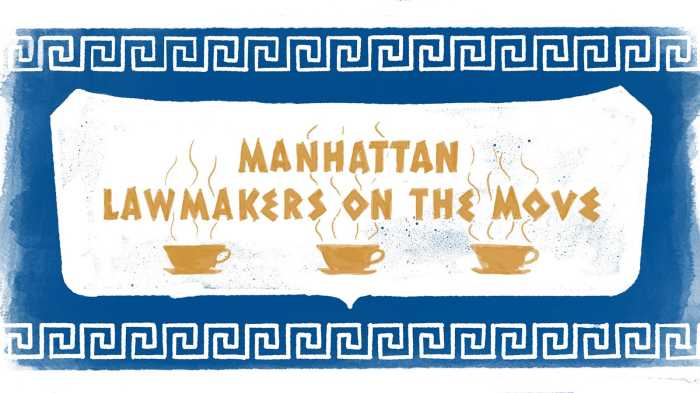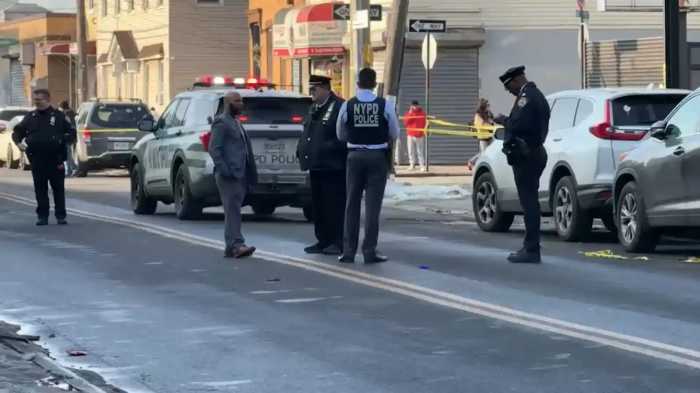Hoylman Scolds St. Mark’s Restaurants for Failing to Require Masks and Social Distancing
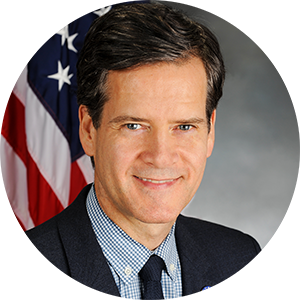
State Senator Brad Hoylman (D-Chelsea, Midtown) released a statement on Saturday following reports of New Yorkers convening at St. Mark’s bars and restaurants without respecting social distancing guidelines.
“New Yorkers are dying every day from COVID-19,” said Hoylman. “It’s dangerous and irresponsible to abandon social distancing while the pandemic continues to rage. As the Senator who represents much of the heart of Manhattan, I know small businesses are hurting. But there’s no excuse for the large crowds we’ve seen congregating on St. Mark’s Place and elsewhere in Manhattan. In the middle of a pandemic, that’s putting lives at risk.”
Hoylman added that the reports made him reconsider his support of Governor Andrew Cuomo’s (D) executive order to allow take-out and delivery alcohol service in the City.
“As the Senate sponsor of legislation that would extend this executive order for two years, I’m reassessing whether to amend it to limit it to alcohol delivery only and ban to go sales, to have the legislation apply only outside New York City, or to withdraw the bill altogether,” said Hoylman. “In doing so, I will continue working closely with Community Boards and local stakeholders to determine the best way forward. My bill was meant to be a lifeline for restaurants and bars facing extinction because of COVID-19, not an opportunity for these establishments to totally disregard open container laws and social distancing requirements.”
NY Times Endorses Maloney

Last Friday, the New York Times announced its endorsement of U.S. Rep. Carolyn Maloney (D-Manhattan, Brooklyn, Queens) for re-election.
In an article published in the paper’s editorial section, the Times credited Maloney for “showing commitment to her district time and time again.” She was one of three incumbents who received the Times’ backing, the others being U.S. Reps. Jerrold Nadler (D-Manhattan, Brooklyn) and Alexandria Ocasio-Cortez (D-Bronx).
“I am proud and honored that my work in Congress merits the endorsement of the New York Times, and grateful to have the support of so many who live in New York’s 12th District,” said Maloney.
Stringer Calls on City to Make Police Records Publicly Available
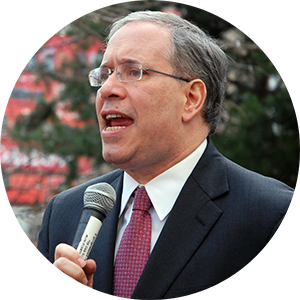
Last Saturday, City Comptroller Scott Stringer (D) called on New York to pass legislation to make the disciplinary records of police officers publicly accessible.
Recently, the City repealed Section 50-a, a law which kept those records completely confidential. While Stringer applauded the repeal, he maintains that we can and should go even further to ensure transparency. In a letter to Council Speaker Corey Johnson (D-Chelsea, Hell’s Kitchen) and Mayor Bill de Blasio (D), Stringer proposed that the records be made available on the NYC Open Data portal, and updated regularly.
“The State has rightly determined that law enforcement disciplinary records should be public,” wrote Stringer. “Now, New York City has the opportunity to make this information readily available. The public deserves nothing less than a total commitment to full transparency.”
Read the full letter here.
Krueger, Kavanagh, Colleagues Urge Chief Judge Not to Reopen Housing Court Without Precautions

Last Friday, State Senators Liz Krueger (D-Upper East Side, Lenox Hill) and Brian Kavanagh (D-Lower East Side) co-wrote a letter to Judge Janet DiFiore, voicing their concerns about reopening Housing Court to in-person proceedings.
Krueger, Kavanagh and several of their colleagues explained that COVID-19 is still present in our city, and opening too soon could have serious consequences. The letter argued that the Housing Court should remain closed until we figure out how to open it in accordance with social distancing protocols.
“Many of us have been to the Housing Courts during ‘normal times’ and can bear witness to the problems of overcrowding in the hallways and the court rooms,” they wrote. “Careful planning must take place to make certain that social distancing protocols can truly be followed in cramped Housing Court facilities where the majority of tenants are unrepresented. “


